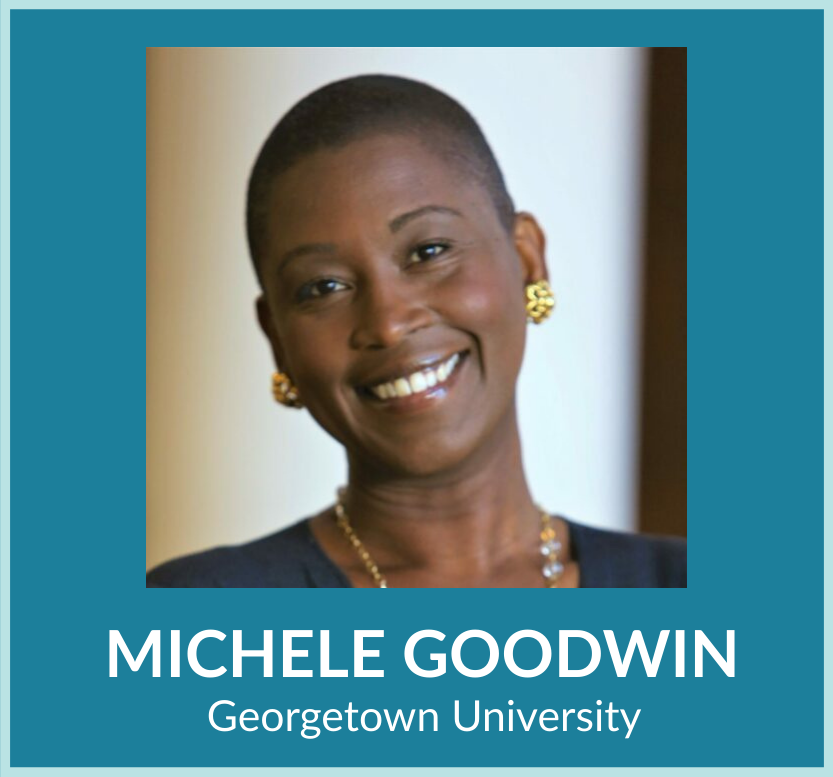
Dear LSA Community,
It has been an honor to serve as president of our academic society. As my term nears its conclusion at the annual meeting in May, I am mindful of the intellectually rigorous and innovative research conducted by you. I read your path-defining scholarship. Simply put, convenings, books, and articles generated by members of our community are transformative and have advanced not only intellectual discourse, but also civil liberties, civil rights, and human rights. Importantly, the reach of your work extends to policies ranging from tax and taxation to immigration, human rights, trade, and international law.
In these times as academic freedom is being challenged, the rule of law tested, and science discredited and rejected, your work could not be more important. Let there be no doubt about the importance of academic freedom, engagement, and discourse, especially in times of crisis. For example, Jonas Salk, who is widely credited with developing the polio vaccine, was an academic, serving as a professor at the University of Pittsburgh in preventative medicine and bacteriology. His discovery—unearthed while at the University of Pittsburgh—radically changed the course of medicine and peoples’ lives. Before the widespread use of the vaccine, more than 500,000 people died annually from polio and millions experienced paralysis. As funding to support the advancement of science and health is being stripped away, so too are pathways for discovery and cures to diseases.
Prior to becoming a judge and general counsel at the American Civil Liberties Union (ACLU), Ruth Bader Ginsburg was a law professor—only one of two women at Rutgers Law School in Newark from 1963-1972—teaching a seminar on women and law, developing theories on women and equality that would later be successfully tested before the Supreme Court. At the time of her passing, it was noted that hundreds of sex discriminatory laws fell in the wake of her advocacy.
Brown v. Board of Education, which ruled race-based segregation in education unconstitutional, was the product of academic and civil society collaboration. Spottswood William Robinson, III, a professor at Howard University Law School and later its dean (after founding a civil rights law firm) was one of the lead counsels in the case. Howard University played a pivotal role in the case, which spearheaded the fall of so-called “separate but equal” policies.
Professors, scholars, researchers, and students have played crucial roles in the advancements of health and science, law, and arts and culture—all under the umbrella of First Amendment protections guarding academic freedom, freedom of association, freedom of assembly, and free speech.
That said, I want to acknowledge the fear many of you may be feeling. In recent weeks, students have been kidnapped and detained. Professors and scholars have also experienced the same. Notably, in this period, the United States Supreme Court unanimously ruled that constitutional protections extend to non-citizens. In Trump v. J.G.G., the Court explained, “‘it is well established that the Fifth Amendment entitles aliens to due process of law’ in the context of removal proceedings.” This includes the right to “notice and opportunity to be heard…before such removal occurs.” The opinion was a stern rebuke of the misapplication of the Alien Enemies Act (AEA).
The case is also an important reminder and lesson about acquiescence and capitulation in times of illegal action. As universities work to ensure protections for freedom of expression, I am reminded of Justice Scalia’s response to a question in 2014 as to whether the First Amendment applies to people that are undocumented and non-citizens. According to Justice Scalia, “Oh I think so, I think anybody who’s present in the United States has protections under the United States Constitution.”
My best,
Michele Goodwin


